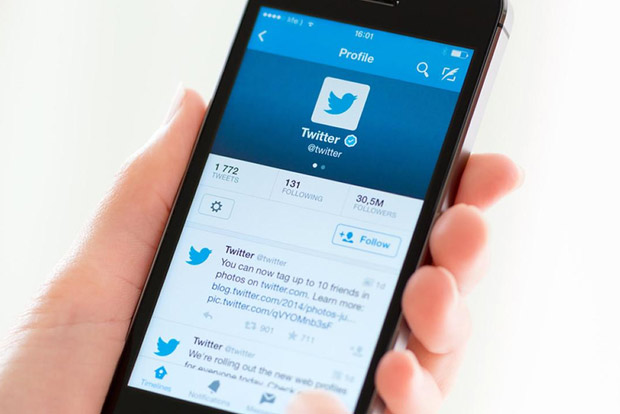Begin typing your search...
Winning Twitter battles via pre-print studies harming evidence: Scientists
Within 10 months of the first confirmed case, the global science community released over 125,000 Covid-related scientific articles, of which more than 30,000 were hosted by preprint servers, reports claimed.

Washington
Preprint studies have mushroomed during the last two years of Covid-19 pandemic, but they may be harming evidence, scientists have argued.
Preprints are a version of a scientific paper that has often not been peer-reviewed by a scientific journal.
"Designed to make science more transparent and maximise the corrective potential of science, preprints have emerged as a major driver of episodic, single-study media coverage of science," a team of researchers from the University of Wisconsin-Madison argued in a report published in the journal Science.
In the last two years, scientists around the world responded rapidly to Covid.
Within 10 months of the first confirmed case, the global science community released over 125,000 Covid-related scientific articles, of which more than 30,000 were hosted by preprint servers, reports claimed.
While some experts claim that Covid preprints are shorter and reviewed faster, others say that "non-peer-reviewed preprints have made it difficult to extract meaningful signals about reliable, cumulative scientific evidence from the noise of sometimes short-lived findings reported in a preprint".
The Wisconsin-Madison team stated that the preprints during Covid have increased the incidence of scientists discussing their findings or making common man aware of the condition, on online platforms such as Twitter, by just sharing a link.
While a hyperlink to a preprint article might seem like good-enough evidence to support a scientist's Tweet calling for people to wear masks, "but winning these short-term Twitter battles using questionable 'evidence'", may be wrong.
It is because it may lead to "irreparable long-term damage to the public's perception of science as a reliable way of understanding the world", the team said.
"With the emergence of virtually unlimited storage space, rapidly growing computational capacity, and increasingly sophisticated artificial intelligence, the societal balance of power for scientific information has shifted away from legacy media, government agencies, and the scientific community."
They noted that the greatest challenge that scientists must address as a community is about the fundamental change in how scientific information gets shared, amplified, and received in online environments.
But as the scientific community was "slow to react", "social media platforms" became the "central gatekeeper of information and communication about science".
Visit news.dtnext.in to explore our interactive epaper!
Download the DT Next app for more exciting features!
Click here for iOS
Click here for Android
Next Story



